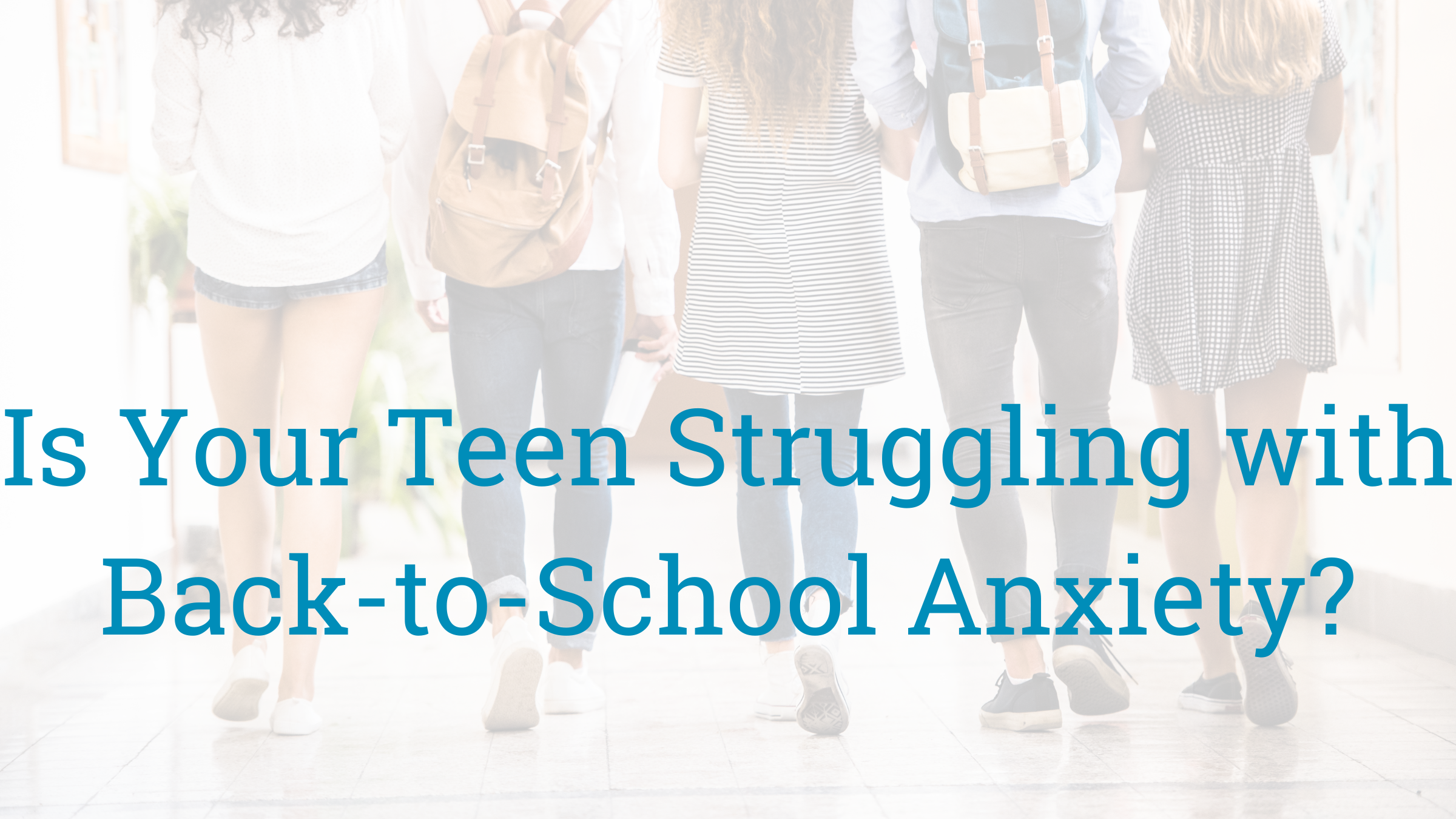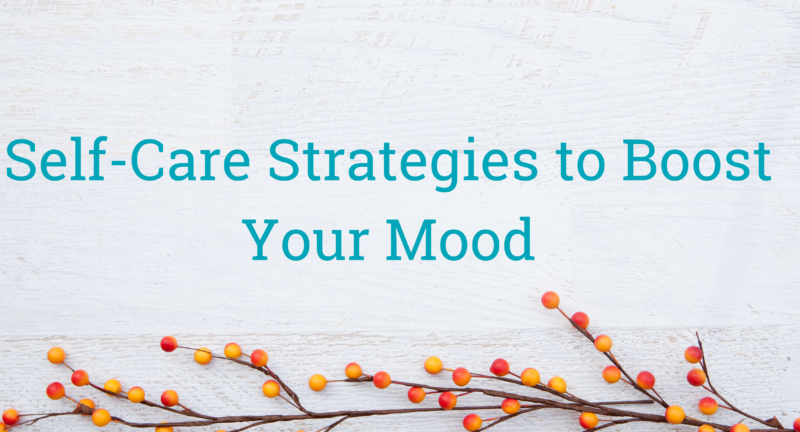
Managing Back-to-School Anxiety in Teens
As the new school year begins, many teens experience a mix of excitement and anxiety. For some, the prospect of returning to school can be overwhelming and lead to heightened stress and anxiety.
Understanding the sources of this anxiety and implementing strategies to manage it can help teens navigate the school year with confidence and resilience.
Here’s what you need to know.
Understanding the Sources of Anxiety
Back-to-school anxiety in teens can stem from various factors, including:
- Academic Pressure: The fear of not meeting academic expectations can be a significant source of stress. Teens may worry about grades, exams, and the ability to keep up with coursework.
- Social Concerns: Friendships and peer relationships are crucial during adolescence. Worries about fitting in, making new friends, or dealing with bullying can contribute to anxiety.
- Changes in Routine: The shift from a relaxed summer schedule to a structured school routine can be jarring. Adjusting to early mornings, homework, and extracurricular activities can be challenging.
- Uncertainty and Change: Starting a new school, entering a different grade, or having new teachers and classmates can create feelings of uncertainty and fear of the unknown.
Signs Your Teen is Struggling with Anxiety
It’s important to recognize the signs that your teen may be struggling with back-to-school anxiety.
These can include:
- Physical Symptoms: Complaints of headaches, stomachaches, or fatigue without a clear medical cause may indicate anxiety. You can read more about some of the lesser-known symptoms of anxiety and depression here.
- Changes in Behavior: Your teen may become withdrawn, irritable, or have difficulty concentrating. They might also avoid school-related activities or express reluctance to attend school.
- Sleep Disturbances: Difficulty falling asleep, staying asleep, or waking up feeling unrested can be linked to anxiety. Learn how lighting can impact sleep in Monica Clark’s post here.
- Appetite Changes: Anxiety can lead to changes in eating habits, such as loss of appetite or overeating.
If you notice these signs, it’s important to address the issue and provide support. Early intervention can prevent anxiety from escalating and impacting your teen’s overall well-being.
Strategies to Manage Back-to-School Anxiety
There are several effective strategies you can use to help your teen manage back-to-school anxiety:
- Open Communication: Encourage your teen to talk about their worries and fears. Listen without judgment and validate their feelings. Knowing they have a safe space to express their concerns can be reassuring.
- Problem-Solving Together: Work with your teen to identify specific stressors and brainstorm solutions together. Whether it’s time management, making new friends, or handling difficult subjects, helping them develop a plan can reduce anxiety.
- Practice Relaxation Techniques: Teach your teen relaxation techniques such as deep breathing, mindfulness, or progressive muscle relaxation. These can be useful tools for managing anxiety in the moment.
- Establish a Routine: Help your teen establish a consistent daily routine that includes time for homework, relaxation, and social activities. A predictable schedule can reduce the stress of uncertainty.
- Encourage Social Connections: Encourage your teen to maintain and build social connections. Whether through extracurricular activities, clubs, or simply spending time with friends, strong social ties can provide emotional support.
When to Seek Professional Help
While many teens experience some level of anxiety when returning to school, severe or persistent anxiety may require professional intervention. If your teen’s anxiety is interfering with their daily life, causing significant distress, or if you notice signs of depression, it may be time to seek help from a mental health professional.
At Next Step 2 Mental Health, we offer specialized support for teens dealing with anxiety and other mental health challenges. Our team of professionals can work with your teen to develop coping strategies and provide the tools they need to manage anxiety effectively.
Here for You
Back-to-school anxiety is a common experience for many teens, but with the right support and strategies, it can be managed effectively. By understanding the sources of anxiety, recognizing the signs, and implementing practical coping techniques, you can help your teen navigate the school year with confidence.
If your teen’s anxiety persists or becomes overwhelming, don’t hesitate to seek professional help. With the right care, your teen can thrive both academically and emotionally. Click here to schedule an appointment with us.
Related Posts
10 Self-Care Ideas to Try If You’re Feeling Sad This Thanksgiving
Holidays can be a time of joy and togetherness, but sometimes holidays can be...
Seasonal Marketing and Social Media: Navigating the Perfect Storm for Fall Anxiety
Is the thought of the upcoming holidays (and all of the marketing associated...


